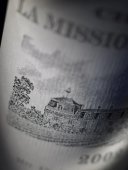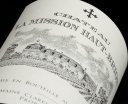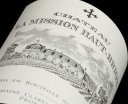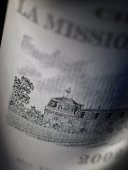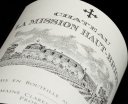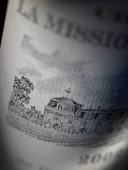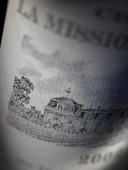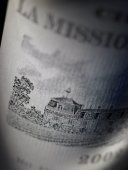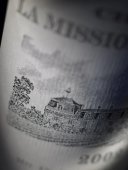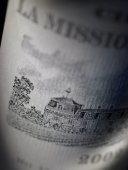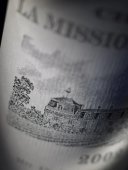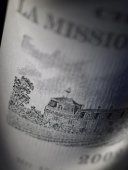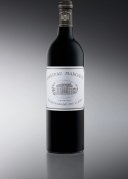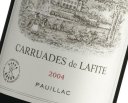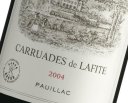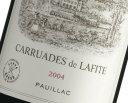Chateau Pavie
Another terrific success for the flagship estate (a 92-acre vineyard situated on the famed limestone and clay-rich slopes of Cote Pavie) of Chantal and Gerard Perse, the 2011 Pavie is composed of 70% Merlot, 20% Cabernet Franc and 10% Cabernet Sauvignon. 2011 may be the biggest, richest, most massive wine of the vintage. With thrilling levels of concentration, tremendous purity, high but sweet tannin, a skyscraper-like mouthfeel, and terrific intensity, depth and palate presence, this larger-than-life effort will require 5-8 years of cellaring, and should age effortlessly over the following 25-30 years.
Related products
Château Mouton Rothschild Petit Mouton
Belgrave
Lafon Rochet
Mission Haut Brion
Château Margaux
A 1st Growth of the highest order, Château Margaux is one of the original 1st growths classified in the Médoc and is arguably the most important of the region. Producing only some 33,000 cases of predominantly Cabernet Sauvignon, Margaux consistently produces wines that are among the finest examples of the vintage. 2009 is regarded as one of the finest in recent memory in the region and 'normal' wines form the Margaux appellation are being heralded as truly exceptional. One can only speculate how magnificent the Château Margaux will be in 15-20 years time, if one can be patient enough!
Château Figeac
Château Palmer Margaux
Château Palmer is considered one of the worlds first 'Super Seconds' (although actually classified as a third growth), a term relating to the top echelon of producers that fall outside of the ancient 1st Growth classification. Margaux's Château Palmer was named after a British general who fought under Wellington. It has been stated by quite a few wine critics that this could possibly be the finest Château Palmer ever produced. An amazing claim considering how phenomenal the 2005 was and is yet to be. Masses of concentrated aromas and flavours that will keep your senses entertained for hours on end. A truly remarkable achievement that will repay the patient cellarer over the next 30 years.
Carruades de Lafite
Château Cos D'Estournel St-Estèphe
In the upper echelon of 2nd Growth estates, Chateau Cos D''Estournel is located in St-Estephe appelltion, on the fringe of Paulliac and notably just north of the famed Lafite vineyards. Tourists flock to the Medoc estate to see the unusual, Asian-inspired Chateau design, but the wines hold their own and rightfully are considered the finest within St-Estephe. Oak is set to around 80% new barrels while alcohol is a modest 14.5%; the blend in 2010 is 78% Cabernet Sauvignon with 19% Merlot and complimentary Cabernet Franc and Petit Verdot in tow. A wine for thirty or so years.















